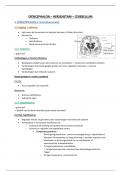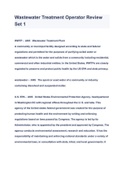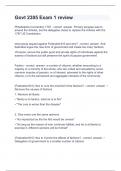Summary
Summary Introduction to Business Management, ISBN: 9780195992519 MNB 1501Business Management
- Course
- MNB 1501Business Management
- Institution
- University Of South Africa (Unisa)
Summary study book Introduction to Business Management of Gawie du Toit, Barney Erasmus, Johan Strydom - ISBN: 9780195992519 (chapter 5)
[Show more]












